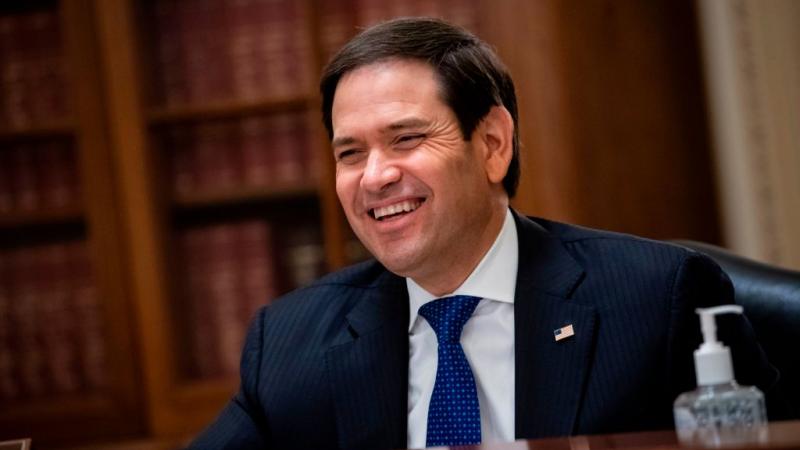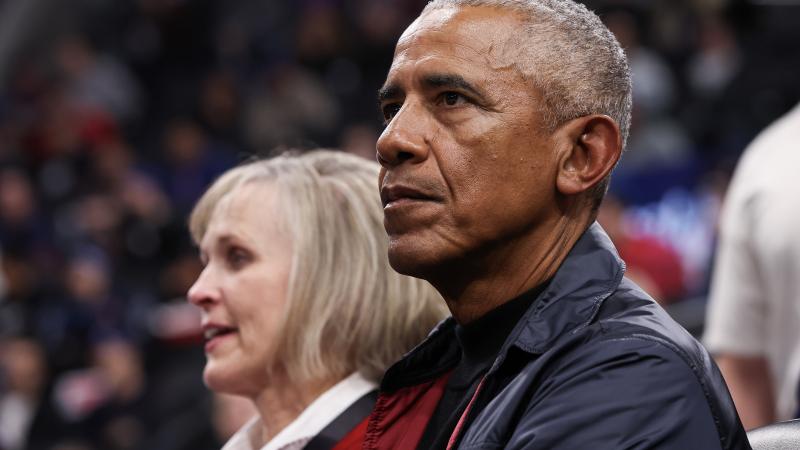Tennessee Senate passes new residency requirement for congressional primaries
Bill was amended and would require congressional candidates to have voted in party primaries for three years before they are eligible,
A residency bill that would stop several candidates from running for the Republican nomination in Tennessee’s newly drawn 5th Congressional District 5 passed the Senate on Monday.
Senate Bill 2616, which passed 31-1, was amended and would require candidates to have voted in party primaries for three years before they are eligible to run for the U.S. Senate or House, matching the requirement to run for Tennessee’s state Senate and House.
The House version of the bill is scheduled to be addressed by the House Elections and Campaign Finance Subcommittee on Wednesday.
Sen. Mike Bell, R-Riceville, asked bill sponsor Sen. Frank Niceley, R-Strawberry Plains, to clarify the bill does not prevent anyone from running for a seat as an independent or third-party candidate. It only would prevent candidates who do not meet the residency requirement from running for the Democratic or Republican nominations.
Niceley said candidates in the primaries will need to “meet residency requirements in the Tennessee Constitution.”
The issue came to the forefront after former President Donald Trump-backed candidate Morgan Ortagus, the former spokesperson for the U.S. Department of State, and Robby Starbuck announced they were running for Tennessee’s newly drawn 5th Congressional District in the U.S. House. Current U.S. Rep. Jim Cooper, D-Nashville, has said he will not run for the seat.
Niceley said the candidates have picked up petitions but have not reached the filing deadline for the race, which is noon April 7. If the bill also passed the Tennessee House and was signed by Gov. Bill Lee before that deadline, it could prevent Ortagus and Starbuck from receiving the Republican nomination.
Sen. Todd Gardenhire, R-Chattanooga, was the lone ‘no’ vote on the bill. He said he doesn't know any of the District 5 candidates.
“I know it’s a shock but I was the one ‘no” vote in committee,” Gardenhire joked. “In the middle of the process, I think we ought not stop anybody.”
There were questions during the Senate State and Local Government Committee discussion about the bill's constitutionality and the state placing restrictions on federal offices. Niceley said in committee he believes having the bill focused on primary nominations will prevent that from being an issue before the Aug. 4 primary.
















